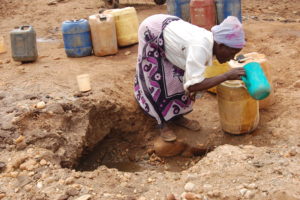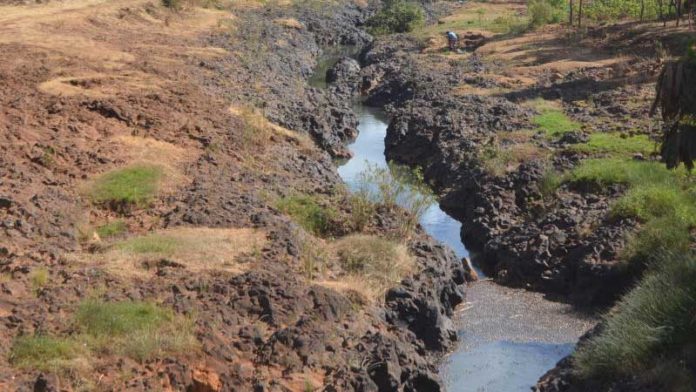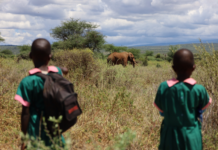By Okong’o Oduya
Clearing trees along the wetlands and encroachment of river banks in Busia County have been attributed to be the major cause of extreme drought and floods that have faced the county in the recent years.
This was revealed in a one-day forum that was organized by Nambale Water Users’ Resources Association in Nambale-Busia County. According to Mr. Vincent Komer the officers in charge of forestry in Nambale Sub County currently Busia stands at 1.7 percent forest cover which he relates to over cutting of trees for logging business and charcoal burning.
He noted that there is need to conduct public sensitization on the importance of planting trees not only for business purposes but also for environmental conservation especially along the river banks, wetlands and water catchments areas as a way of preventing the drastic climatic change that is being witnessed today.
“Climatic change is a reality in the world, we must conserve our environment by dealing with every impediment that is affecting our efforts in realizing our goal. Conservation helps in protecting water catchments in the region such as rivers and springs” said Komer
However, he said one of the challenges they face as a department is that land in the county belongs to the individual making it hard for them to control what is happening along the river banks. Calling upon the community to desist from farming along the banks of the rivers saying that by doing so they allow easy soil erosion during rainy seasons hence affecting our ecosystem
“It is impossible to plant trees within these regions without involving the landowners since the land belongs to the individuals. Failure to do so they will uproot the trees once you leave the site,” he said

He called upon Busia residents that own land along the river banks to plant tree species that can hold water for a longer period such as bamboo trees to prevent flooding.
The officer in charge of energy in the county Mr. Sylus Njuguna urged people in Busia to check on how they are using log energy adding that many people are cutting down trees for fuel which has a negative impact to the environment. According to him, almost 90 percent of people in the county rely on trees for fuel in their homesteads, urging them to find an alternative energy.
“As a department, we are training people on the alternative energy such as solar, biogas, and wind energy to avert the destruction of trees,” he noted
Njuguna also noted as a department they were yet to invest in wind energy since the region doesn’t have the capacity to produce energy.
Alternatively, Njuguna urged those who want to continue using charcoal not to be cutting down trees completely, instead to do tree pruning.
Another emerging problem that was recognized affecting the purity of the rivers and the lake in the region are chemicals originating from vehicles and motorbikes that are washed in the lake.
The problem was identified by the director of West Kenya Sugar factory at Olepito Busia County Mr. Kejike Swami saying that many countries in the world are starving of water but in the region, people are wasting what they have.
“It is unfortunate that Busia County is facing water scarcity yet it is situated in Lake Victoria region. We allow people to narrow down the rivers through farming and poisoning our waters by depositing harmful chemicals in the rivers through cars wash among other toxic activities,” said Kejike
He challenged the government to come up with strict rules to bar people from invading river zones adding that by government keeping quite it causing more harm than good to nature.
“It is good for the government to develop policies to help restore our nature. As one of the stakeholders we believe if we put our resources together we will make it,” he said
This move comes days after the government put a stop on encroaching forests and water zones as a move to save the current water acute in the country caused by prolonged drought.
Deputy President earlier on had directed the ministry of Environment and all other stakeholders to jointly take prompt and decisive actions to enforce the order to save the environment.














